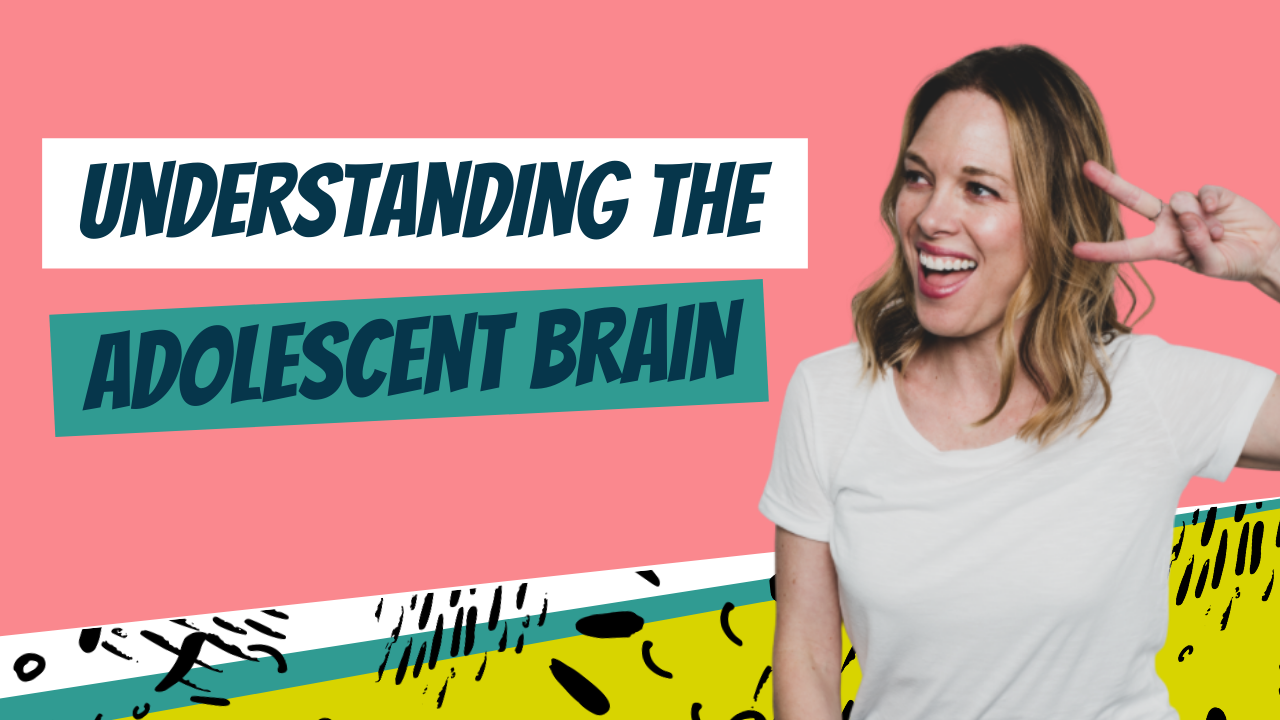The Importance of Advocating for Yourself

Three Essentials for Learning to Advocate for Yourself:
'Advocate' is a word that’s thrown around a lot these days, but what does that actually mean? Well, advocating for yourself means using your voice to get your needs met. And this doesn’t mean shouting until someone hears you, this means expressing yourself and your needs in a way where people can receive it.
Below are three key elements to effectively advocate for yourself. Parents, the process of learning to advocate is personal and your kid must do most of the work. So read this and relay the process to your middle schooler or adolescent and help them develop these skills. Or better yet, you can model the behavior with/for them!
The first step to advocating for yourself is…
Know what your needs are!
This is a process of developing self-awareness. Notice what mood you’re in and back track to see if there is any emerging pattern or reason for your mood. For example, when you’re feeling grumpy, does it usually happen when you don’t feel engaged enough, or get enough sleep, protein, or friend time? How about when you feel happy? What mood are you in the majority of the time?
This is a process to become aware of your needs and is something that most adults (myself included) could use more practice doing.
One day I might need more alone time than another or one day I might need a burger (I know you know what I'm talking about)
Your needs are evolving so pay attention to them!
Dr. Daniel Siegel (ED of Mindsight Institute, UCLA psychiatry professor and famed author of amazing books such as Parenting from the Inside Out, The Power of Showing Up, and the Whole Brain Child,) talks about connecting our inner experience to our inter experience. Who you are is not just what’s inside your body or your head. Your mind is broader than the brain and body and it’s what reaches out and connects with other people in your life. In other words, become aware of your body and your brain in relationship to your needs in the world.
Parents, one of the first places to think about being more than yourself is how you reach out and connect with your kid. You are a ‘We’ as much as a ‘Me’. Connecting with your child is one of the most important experiences. It develops their capacity for mutually rewarding relationships.
In this human experience, you are a part of the collective. You are living amongst other people with different needs every single day.
The second key to advocating for yourself is...
Express your needs in a balanced way
Teens and middle schoolers are communicating from an emotional state the majority of the time because the limbic system of their brain is mostly in charge.
I know, brain jargon, but as I’ve mentioned in my previous post, understanding the adolescent brain is an important tool when communicating with your middle schooler.
It’s important to communicate from a balanced state, which means practicing becoming aware of how best to say something so the other person receives it well.
You might be inclined to reach an emotional boiling point (like a bursting tea kettle), then boil over and screaming “I need space!!”
Instead, practice letting off steam, and letting your needs be known before they become intensified.
“Right now I’m feeling agitated because I haven’t had any rest.”
Or
“I don’t understand this at all. Can you explain that again?”
Sometimes this may not be possible, so practice resetting, taking a deep breath, and saying “I’m not even sure what I need, but I know it’s different than this….I need help.”
Asking for help is a sign of strength!
Lastly it is so so important to...
Follow Through
Have you ever had a big feeling and thought you expressed it because soon after the storm passes and you felt better in the moment? But then it comes up again only days after? Well that’s usually because your needs weren’t actually met and nothing has changed at all.
Unfortunately, the problem will keep coming up again and again if you don’t actually follow through on making sure your needs are met in the moment and every moment thereafter.
Advocating for yourself is communicating your needs verbally, but also through your actions.
If your kid doesn’t have the tools to advocate for themselves it may feel like they are having melt down after melt down. Check in with them and remind them of how to express their needs. Do they need help with a certain subject? Are they reaching out to their teachers? Do they need more time with mom and dad? How are they expressing that?
Remember, behavior is communication so a good place to start is understanding what your adolescent is meaning to express through their apparent breakdowns. I mention how to do this is my post about self-regulation.
So to recap:
-
Know your needs
-
Express your needs
-
Follow Through
Your needs are important and forever evolving. That’s why advocating for yourself is an important skill because you are able to effectively express what you need when you need it.
Also, be sure to take a look at this week's video on the importance of advocating for yourself.
And never forget: middle schoolers are the most unstoppable, compassionate humans on the planet and are exactly what the world needs. Until next week, be well!

Ashley Chandler
~CEO & Founder of Elevated Adolescence
Ready to Transform Your Parenting?
Grab my done-for-you Teenage Guide and start seeing real changes today! Click below to get yours now.
Don't Parent Alone—Join My VIP Email List!
Get exclusive parenting tips, free resources, and special updates straight to your inbox. No fluff—just real, actionable advice to help you navigate parenting with confidence!
By subscribing, you agree to receive ongoing updates




